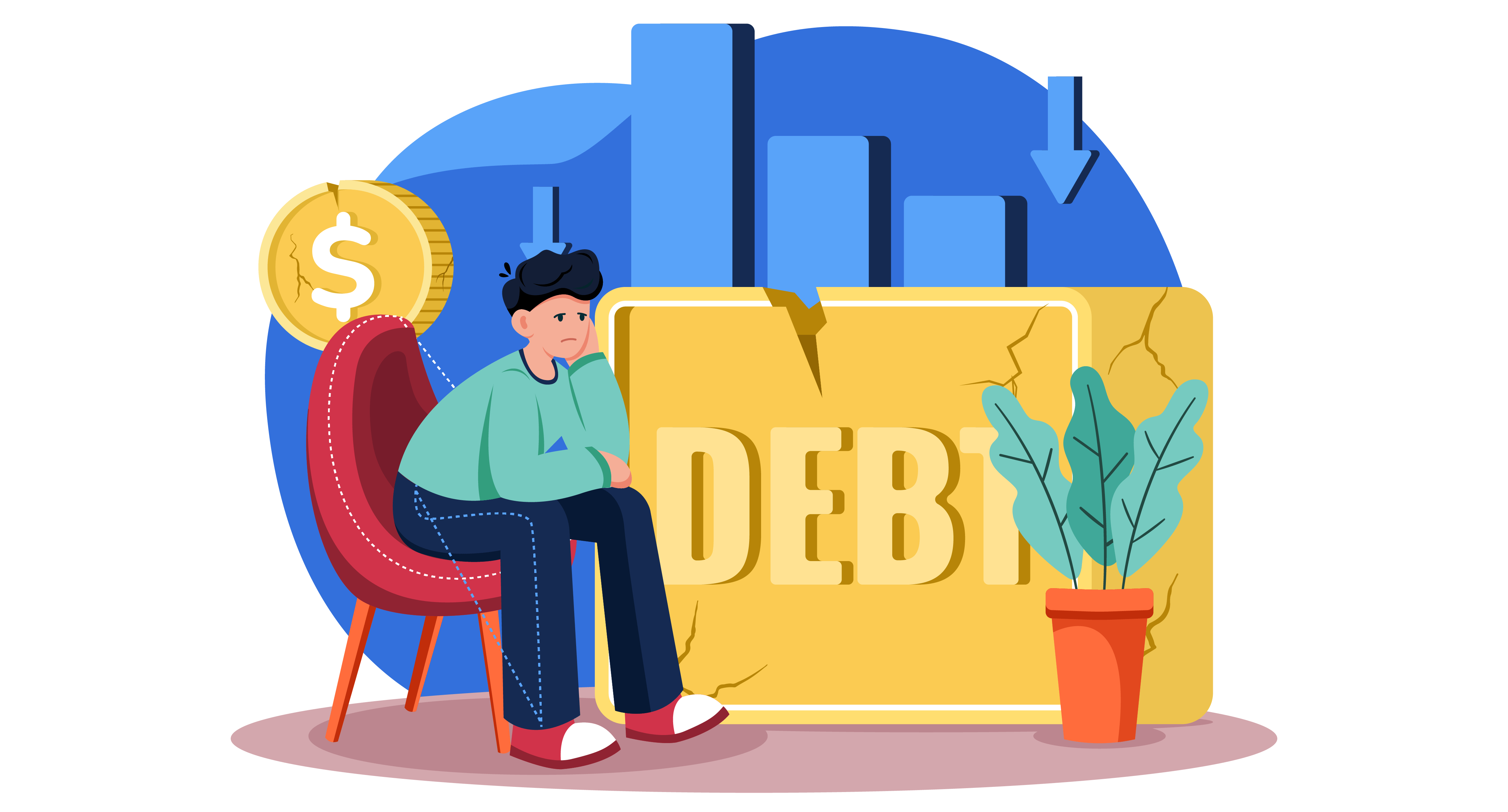The laws that affect debt collectors who are calling and texting people can vary depending on the country and jurisdiction. In the United States, for example, the primary law that governs debt collection activities is the Fair Debt Collection Practices Act (FDCPA), enforced by the Federal Trade Commission (FTC). The FDCPA, along with Regulation F from the Consumer Financial Protection Bureau (CFPB), set rules and guidelines for how debt collectors can communicate with debtors.
What is the Fair Debt Collection Practices Act?
The Fair Debt Collection Practices Act (FDCPA) is a federal law in the United States that sets guidelines and restrictions on how debt collectors can conduct their activities. The FDCPA was enacted in 1977 by the U.S. Congress to protect consumers from unfair, deceptive, and abusive debt collection practices.
Here are some key points about the FDCPA:
- Purpose: The FDCPA aims to eliminate abusive and deceptive practices in the debt collection industry and provide guidelines to ensure fair treatment of consumers.
- Covered entities: The FDCPA applies to third-party debt collectors who regularly collect debts on behalf of others. This includes debt collection agencies, lawyers who engage in debt collection, and companies that buy delinquent debts and collect them on their own behalf.
- Consumer protection provisions: The FDCPA outlines various rules and restrictions to protect consumers from unfair debt collection practices. These include limitations on when, where, and how debt collectors can contact debtors, as well as requirements for providing accurate information about the debt.
- Validation of debts: Under the FDCPA, debt collectors must provide certain information to debtors, including the amount owed, the creditor’s name, and the itemization date.
It’s important to note that while the FDCPA provides significant consumer protections, it primarily applies to third-party debt collectors and not to original creditors attempting to collect their own debts. Additionally, some states have their own debt collection laws that may provide additional protections beyond the FDCPA.

How Does the FDCPA Regulate Calling and Texting?
Here are some key provisions of the FDCPA that affect debt collectors when calling and texting people in the United States:
- Collection call hours: The FDCPA sets limits on how late creditors can call you. Debt collectors cannot contact debtors before 8 a.m. or after 9 p.m. in the debtor’s local time zone, unless the debtor has given explicit permission to be contacted during those hours.
- FDCPA Call Limits: Debt collectors are prohibited from engaging in any conduct that is meant to harass, oppress, or abuse the debtor. This includes using threats, profane language, or repeatedly calling with the intent to annoy or harass.
- False or misleading representations: Debt collectors cannot make false or misleading statements when communicating with debtors. They must accurately identify themselves as debt collectors, provide the correct amount owed, and disclose the purpose of the communication.
- Third-party disclosure: Debt collectors are generally not allowed to disclose information about a debtor’s debt to third parties, such as family, friends, or employers.
It’s important to note that these are just some of the provisions of the FDCPA, and there may be additional state-specific laws that provide further protection for debtors. For example, debt collectors that are cold calling must also follow TCPA laws. Other countries may have their own laws and regulations governing debt collection practices.
FDCPA Statute of Limitations
If you are experiencing issues with debt collectors, it is advisable to consult with a legal professional or consumer protection agency in your jurisdiction to understand the specific state laws and regulations that apply to your situation.
If you believe that a debt collector has violated a FDCPA rule while attempting to contact you, it is best to begin legal action as soon as possible. You only have 1 year from the time the violation occurred to take legal action. The Fair Debt Collection Practices Act statute of limitations is one year.

What is Regulation F?
Regulation F is a new set of regulations issued by the Consumer Financial Protection Bureau (CFPB) in the United States. It provides additional guidelines and clarifications regarding debt collection practices under the FDCPA.
Specifically, regulation F limits how often and how late creditors can call you, and specifies the number of consecutive days that a debt collector has to wait before contacting a debtor again.
Here are some key points about Regulation F:
- 7-in-7 Rule: How many times a day can a bill collector call? Regulation F provides specific rules about how many times can a creditor call you. A debt collector is not allowed to place more than seven (7) calls to a consumer within a seven (7) day time span.
- Time Constraint: A debt collector is now allowed to get in touch with a consumer before 8 am or after 9 pm local time. Some states have stricter rules on calling hours, so it’s best to look into the rules in your state.
- Prohibited practices: Regulation F further clarifies prohibited practices under the FDCPA, such as harassment, false or misleading representations, and unfair or unconscionable means to collect a debt, including threatening to sue over time-barred debts.
- Place of employment: Debt collectors are not allowed to contact consumers at their place of employment, nor are they allowed to send emails to the debtor’s work email address.
- Text messages: Sending SMS messages to consumers is allowed, but only with the consent of the debtor. Additionally, consent must be renewed every 60 days.
It’s important to note that Regulation F works in conjunction with the FDCPA and provides additional details and interpretations of the law. Debt collectors and consumers should refer to both the FDCPA and Regulation F to understand their rights and obligations under the law.
How Often Can a Debt Collector Call You?
According to the 7-in-7 rule, a subset of Regulation F which regulates how many times a day a debt collector can call, debt collectors are only allowed to:
- Place up to 7 calls to a consumer within 7 consecutive days.
- Call again after 7 days, once they have spoken with a particular consumer about a specific debt on the phone.
Can Bill Collectors Call on Sunday?
There are currently no restrictions about the days of the week on which debt collectors can call consumers about their debts. So in short, yes – debt collectors can contact you on the weekend. However, they are not allowed to contact you before 8 am or after 9 pm at your local time.
In Conclusion
The calling laws as delineated by the Fair Debt Collection Practices Act (FDCPA), Regulation F, and the 7-in-7 rule represent a concerted effort to balance the rights of consumers with the legitimate needs of debt collectors.
The FDCPA provides a foundational framework that protects consumers from abusive and deceptive practices, while Regulation F offers more detailed and updated guidelines that adapt to the changing landscape of communication technology.
The 7-in-7 rule serves as a practical guideline for limiting contact attempts, helping to prevent harassment while still allowing collectors reasonable opportunities to reach debtors.
These laws and guidelines work together to ensure that debt collection practices are fair, respectful, and in line with modern communication standards, thereby fostering a more equitable and less stressful environment for debt repayment.



